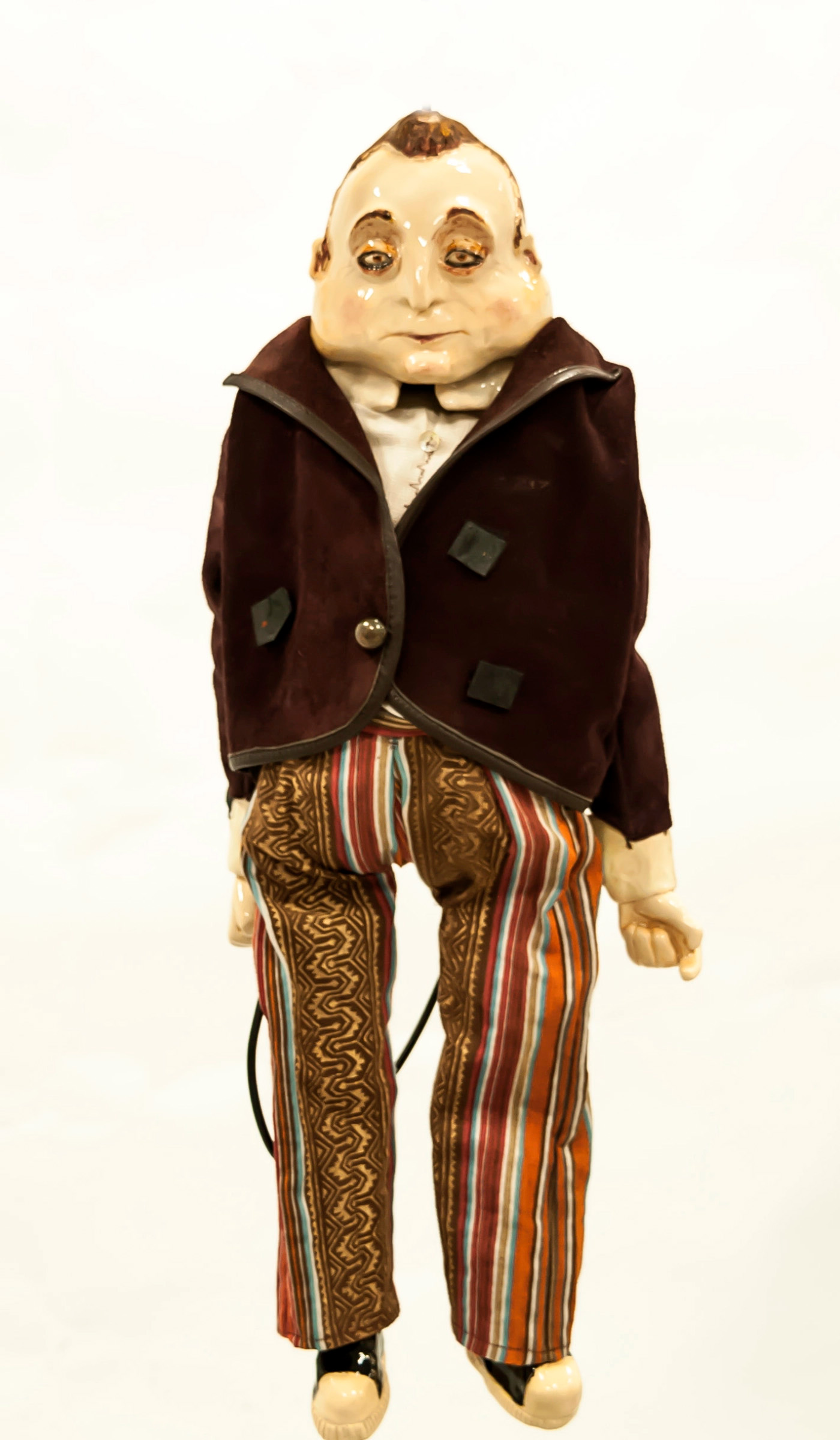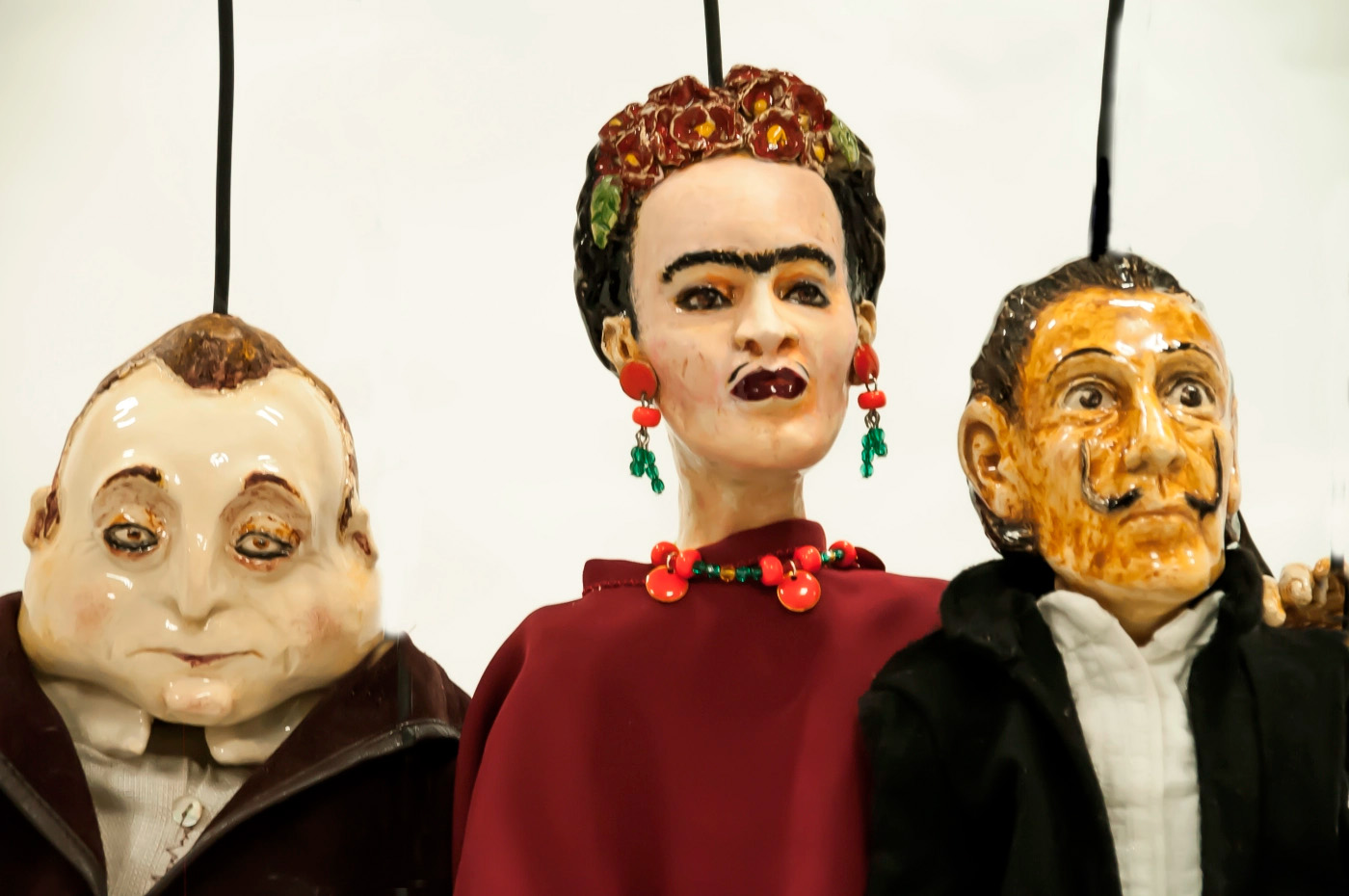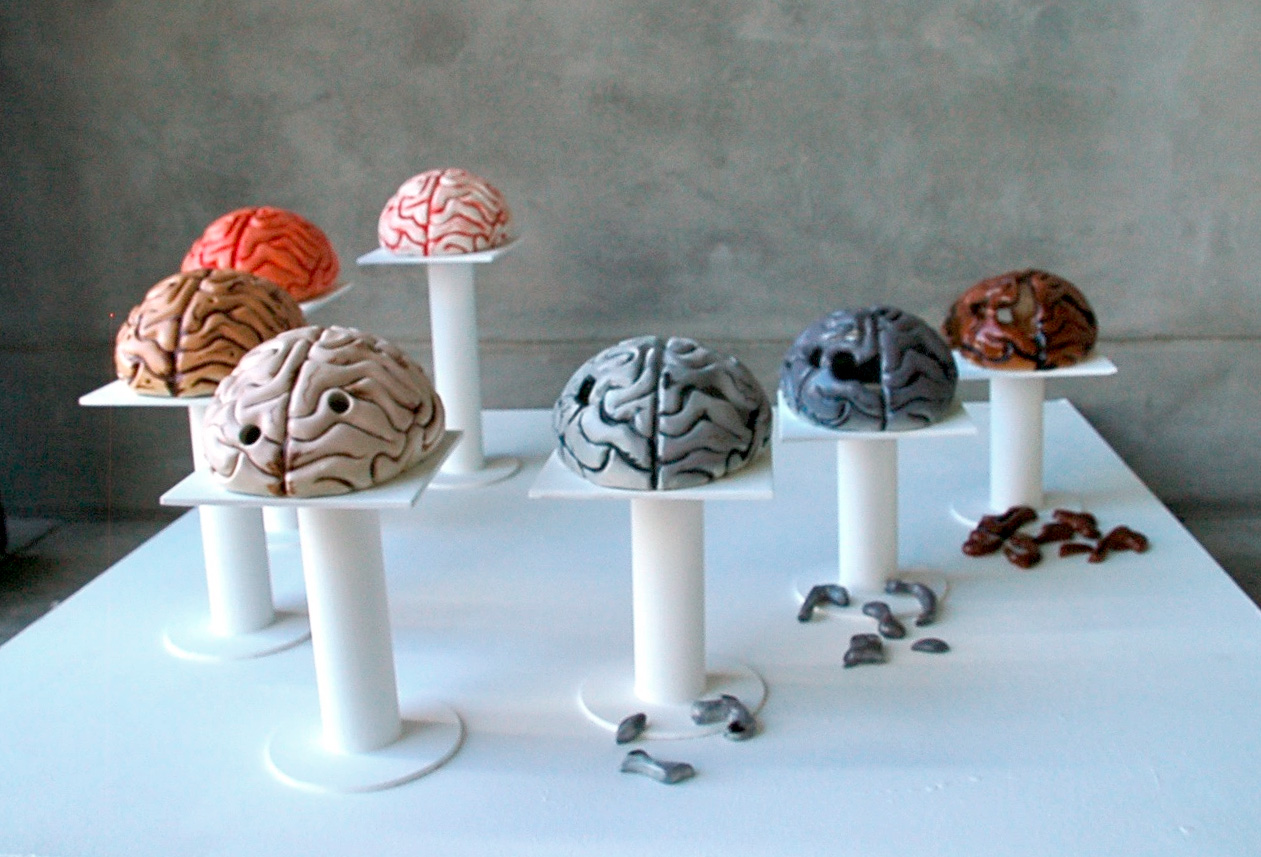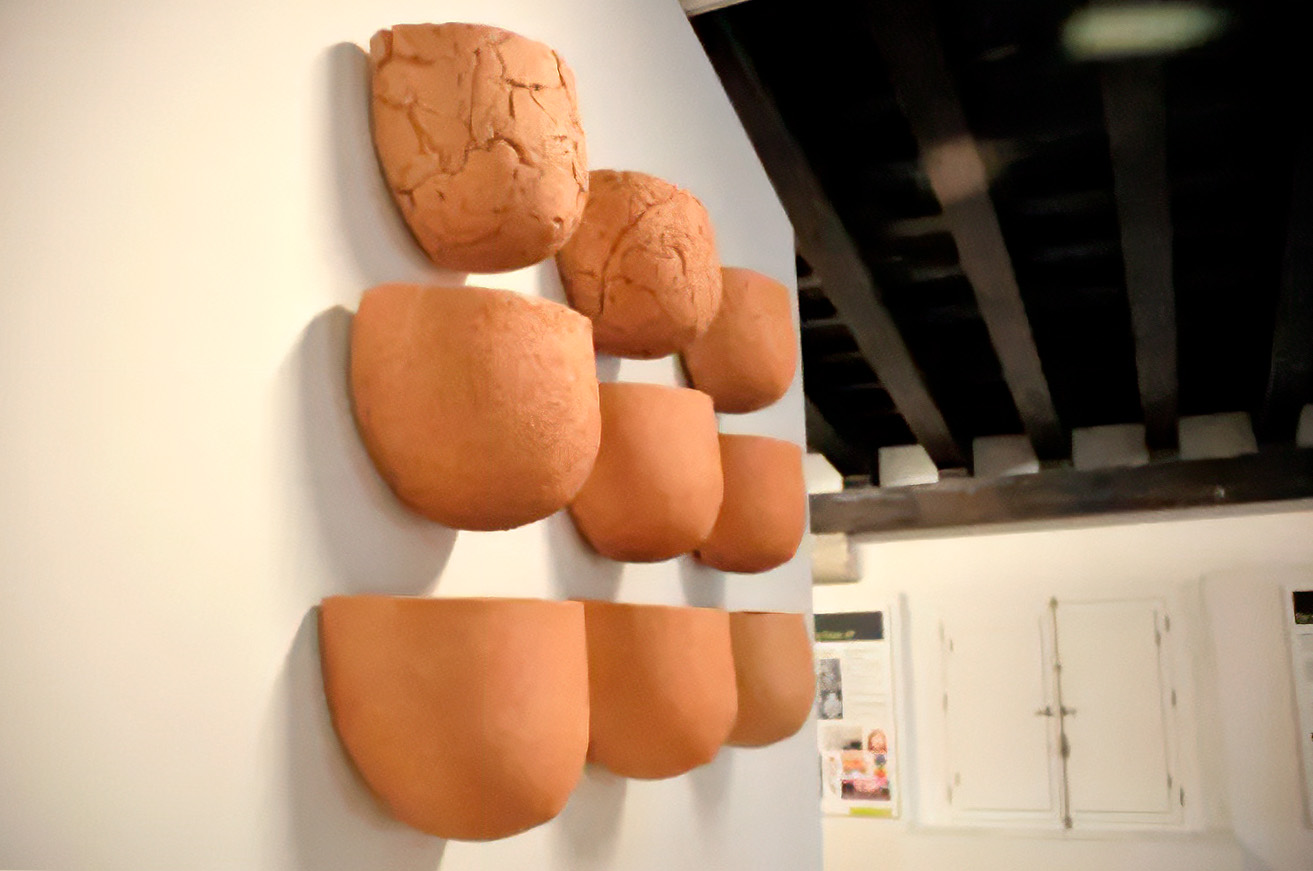Artistic Ceramic
2 years
15:25-21:45 h
This course in Higher Education gives the students the essential background to create ceramic pieces, through the learning of traditional and modern techniques.
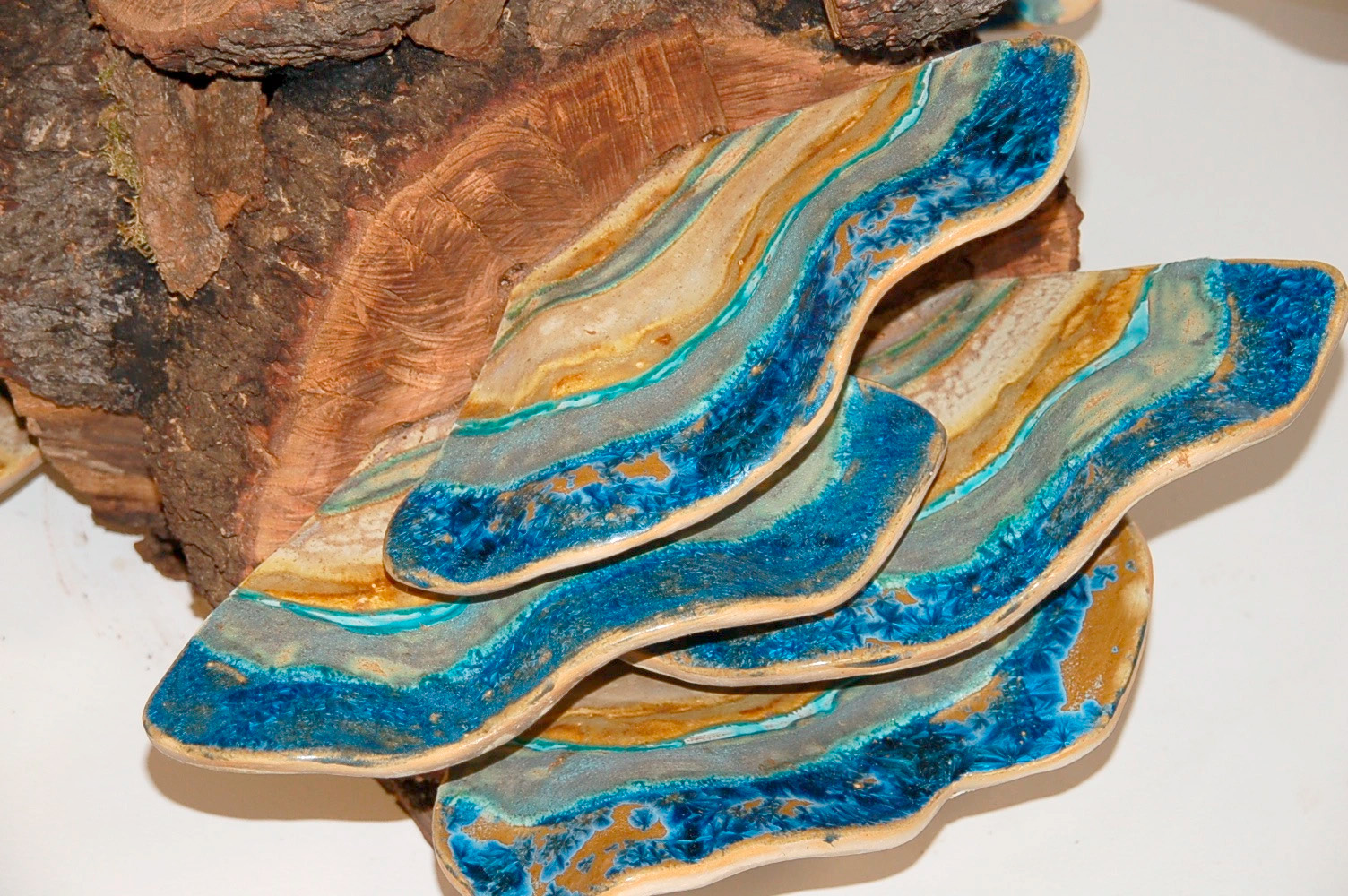
WHAT AM I GOING TO LEARN?
During two years of course, students will learn how to perform different techniques (modelling, design, enamelling, etc.) and how to use the specific tools and equipment to produce ceramic pieces.
In addition, they will learn about theorical concepts, history and culture under an artistic perspective, allowing them to develop their creative skills.
This course also offers several subjects (marketing or project management) aimed to give the student a wide view of how to work and sell their own pieces or how to be prepare to get hired.
Where can I work?
As a skilled copy editor, I will now provide you with a rewritten version of your existing copy in English (UK), taking into consideration the given context:
«Whether you are a professional working in small, medium, or large companies, public or private workshops, or an independent professional establishing your own workshop, the Escuela de Arte y superior de diseño de Cádiz has something to offer you. We cater to professionals at an intermediate level in the ceramic industry’s production line. Moreover, our courses are also suitable for professionals engaged in object production (conceptualizing), object marketing (defining technical and aesthetic characteristics), as well as collaborating in design operations, production, selection, and quality control.
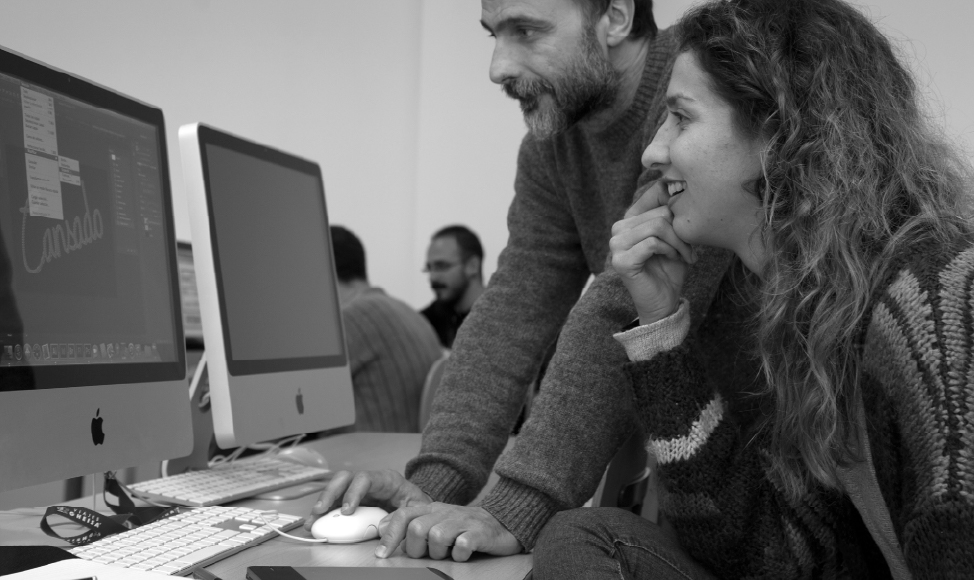
Modules that make up the cycle
The Art and Design School of Cádiz offers a wide range of courses, including Ceramic History, Artistic Drawing, Technical Drawing, Sculpting, Ceramic Workshop, Materials and Ceramic Technology, Computer Media, Artistic Ceramic Projects, Vocational Training and Guidance, Integrated Project, and Practical Training in Companies. Join us and unleash your creative potential today!
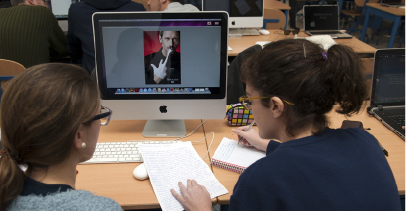
Artistic Ceramic Modules
| Subject | Total Hours | Credits ECTS |
|---|---|---|
| Artistic Drawing | 192 hours | 10 ECTS |
| Technical drawing | 128 hours | 7 ECTS |
| Volume | 192 hours | 10 ECTS |
| History of ceramics | 128 hours | 7 ECTS |
| Materials and technology | 168 hours | 10 ECTS |
| Computer media | 104 hours | 7 ECTS |
| Ceramic workshop | 516 hours | 32 ECTS |
| Artistic ceramic projects | 208 hours | 10 ECTS |
| Training and career guidance | 104 hours | 7 ECTS |
| Integrated project | 170 hours | 11 ECTS |
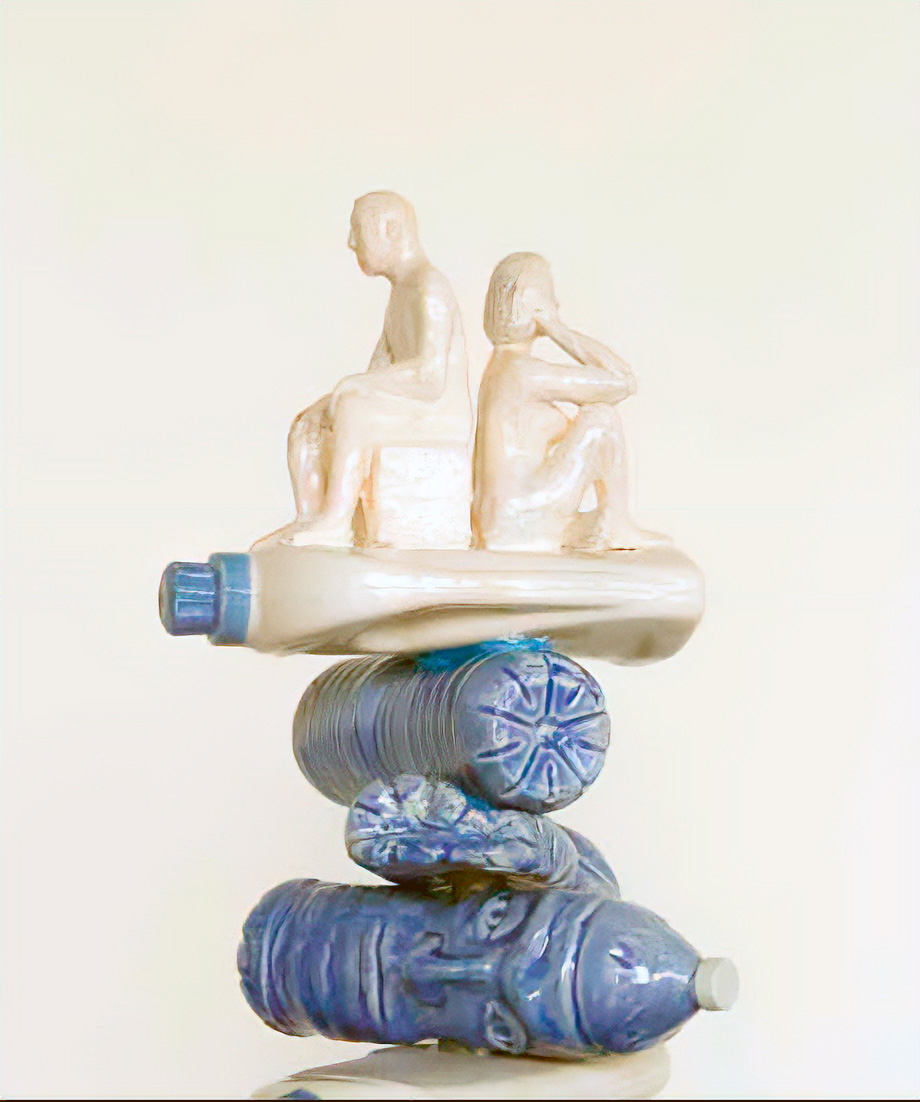
History about ceramic
Course 1st / 4 hours per week.
The ceramics history module aims to deepen knowledge of ceramics throughout history. Students will learn about different techniques, styles, and trends that have emerged in ceramics over time, from Prehistory to the present day. The module is divided into different topics that cover various historical and geographical periods. It will explore ceramics in Antiquity, with a special focus on Greek and Roman cultures, as well as pre-Columbian civilizations. Medieval, Renaissance, Baroque, and contemporary ceramics will also be addressed. Additionally, students will study ceramic techniques such as wheel throwing, modeling, sgraffito, glazing, and more. They will also learn about different materials used in ceramic creation, including clay, porcelain, stoneware, and others.
Artistic Drawing
First Year Course / 6 hours per week
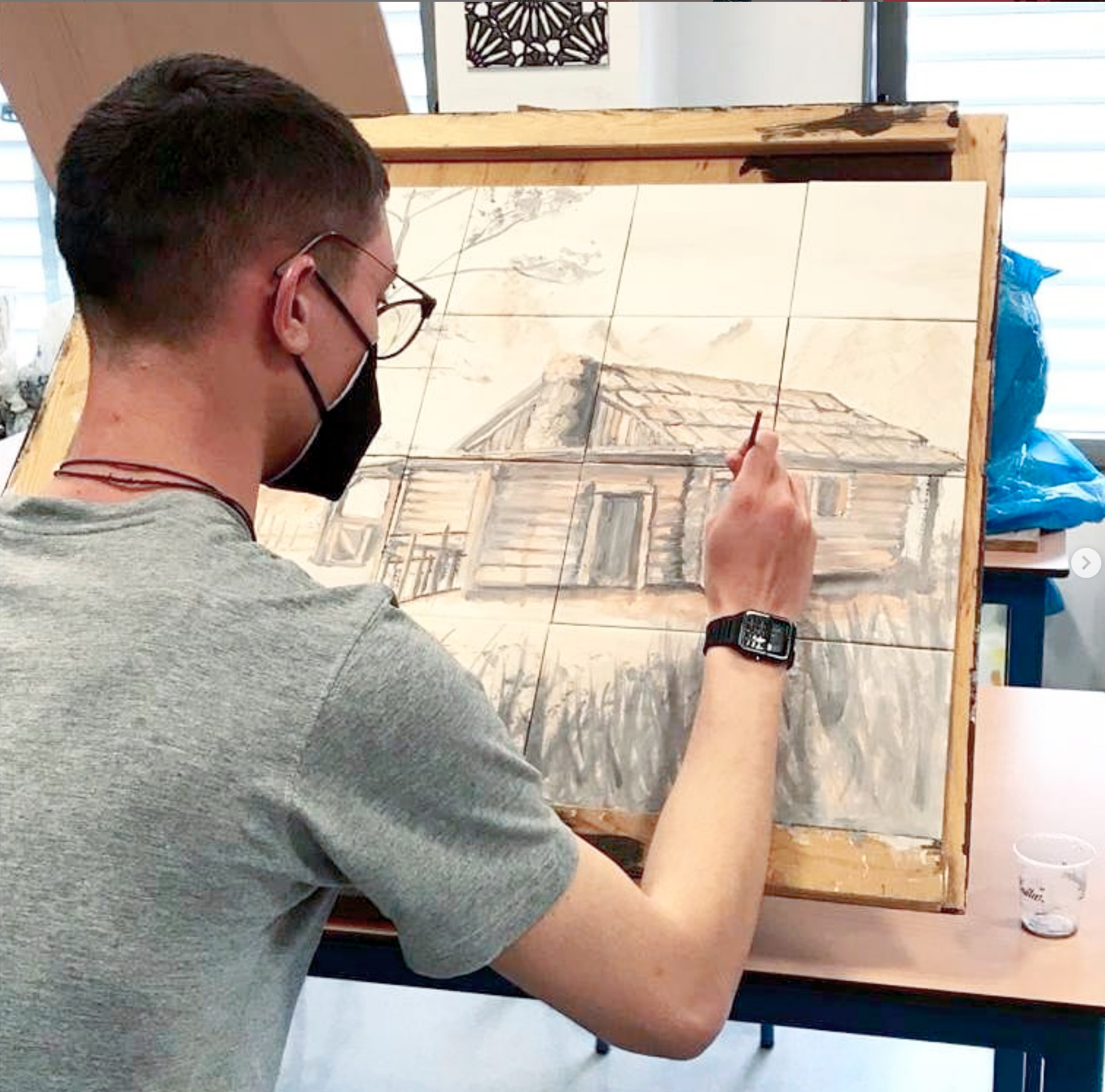
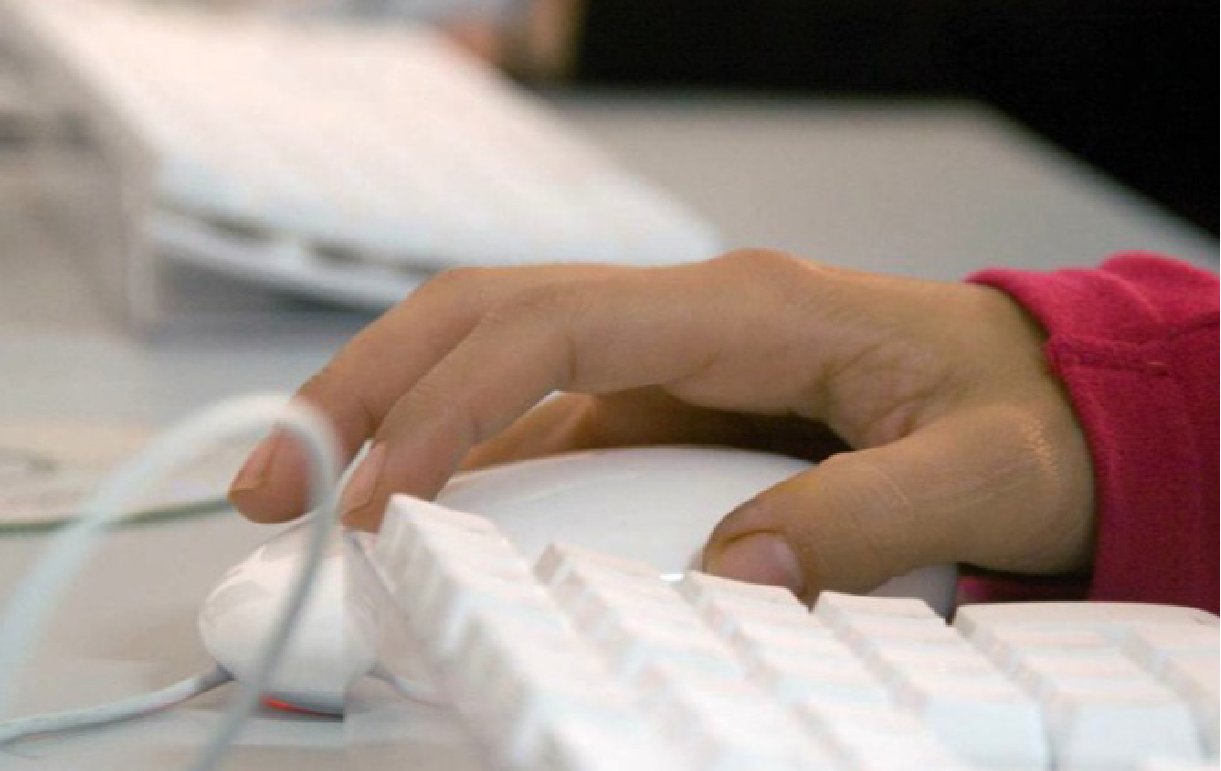
Technical Drawing
Course 1 / 4 hours per week
Three-dimension design
Course 1 / 6 hours per week.
The module is divided into different thematic blocks, ranging from the study of basic forms to the creation of complex pieces and sculptures. Emphasis is placed on the development of technical and creative skills, as well as the importance of experimentation and exploration to discover new forms and styles of work.
In addition, students are taught modelling and moulding techniques to create ceramic pieces, as well as different finishing tools and techniques to add textures and details to the pieces. The importance of planning and design in creating three-dimensional ceramic pieces is also addressed, along with the relationship between form and function in the creation of useful and decorative objects.


Pottery Workshop
Course 1 / 8 hours per week.
Curso 2º / 10 horas semanales
The module is divided into different thematic blocks, ranging from clay preparation and mold creation to glazing and decoration of ceramic pieces. Emphasis is placed on the importance of efficiency and productivity in a ceramic workshop, as well as the safety and maintenance of the tools and machinery used.
In addition, students are taught to work in teams and collaborate in the production of ceramic pieces, as well as effectively communicate with clients and other professionals in the ceramic industry. The importance of quality and quality control in large-scale ceramic production is also addressed.
Materials and technologies in ceramics
Course 1 / 2 hours per week
2nd Course / 4 hours per week
The module is divided into different thematic blocks, ranging from material selection and clay preparation to glaze application and firing of the pieces. Emphasis is placed on the importance of understanding material properties and their application in creating different ceramic pieces.
In addition, students are taught various molding and modeling techniques, as well as the significance of planning and design in ceramic creation. The relationship between technology and ceramics is also addressed, including the use of ovens, specific machinery, and digital tools for ceramic production.


Computer Skills for ceramic design
Course 2 / 4 hours per week.
The module is divided into different thematic blocks, ranging from an introduction to specialized software such as CAD and CAM, to the utilization of Computer Numerical Control machines for ceramic piece production. Emphasis is placed on the importance of planning and design in creating ceramic pieces using computer technology.
Additionally, students are taught to work with different types of files and design formats, and how to prepare them for production using computer technology. The importance of quality and quality control in ceramic piece production using computer technology is also addressed.
Ceramic Project development
Second Course / 8 hours per week.
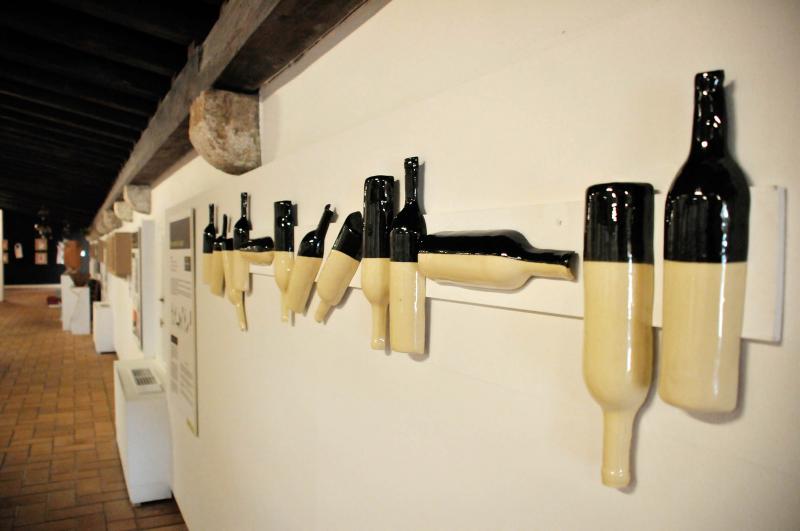

Training and career counselling
2nd Course / 4 hours per week.
The module is divided into different thematic blocks, ranging from the identification of personal and professional competencies and skills, to guidance on different options for higher education in the field of artistic ceramics, and the preparation of resumes and job interviews.
Additionally, we provide information about the ceramic sector and job opportunities within it, as well as trends and innovations in the field of artistic ceramics. We emphasize the importance of a proactive attitude and personal initiative in job search and personal promotion.

